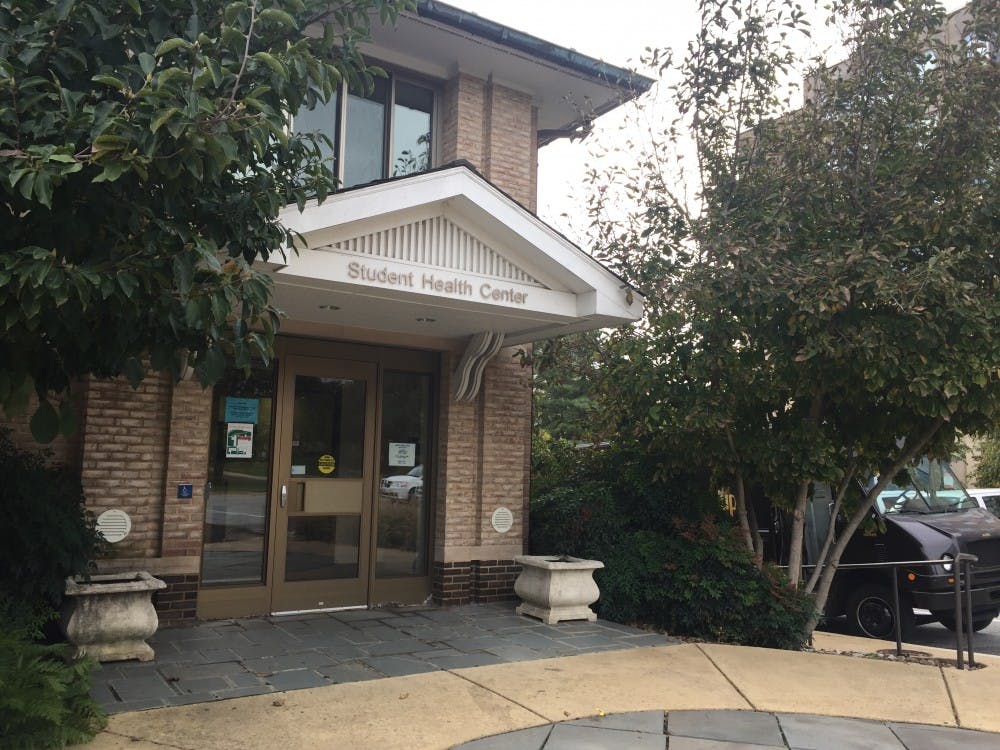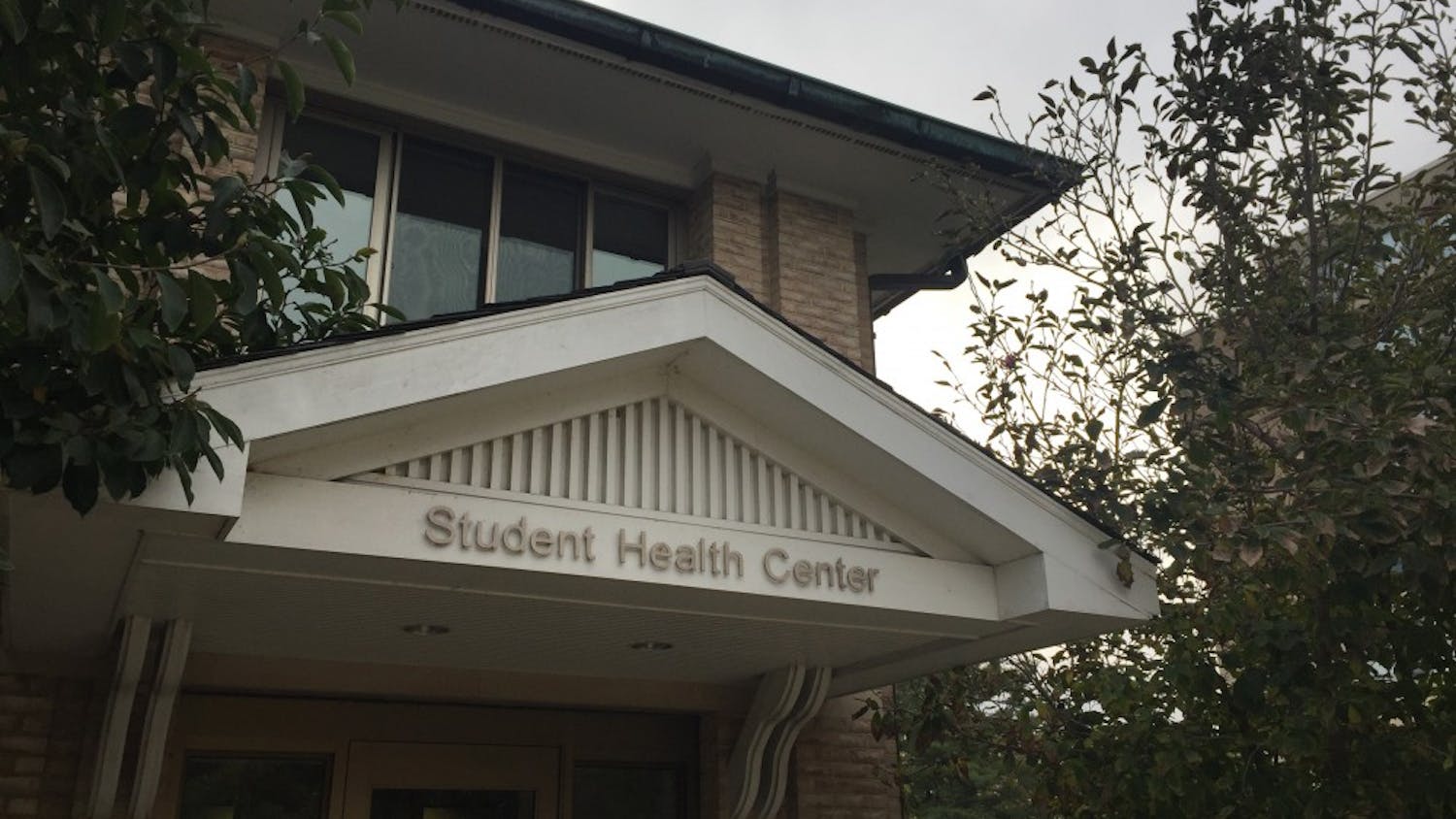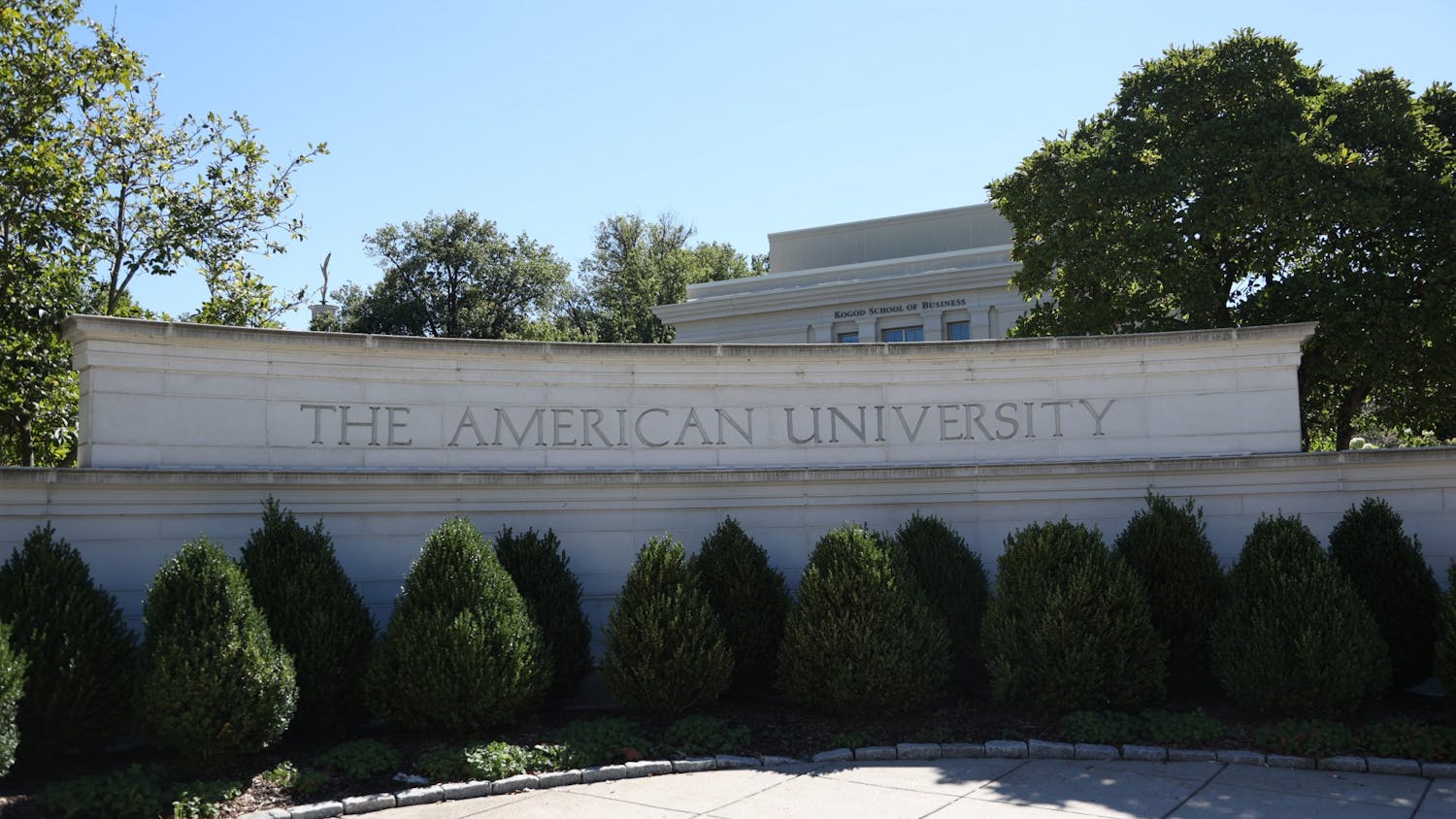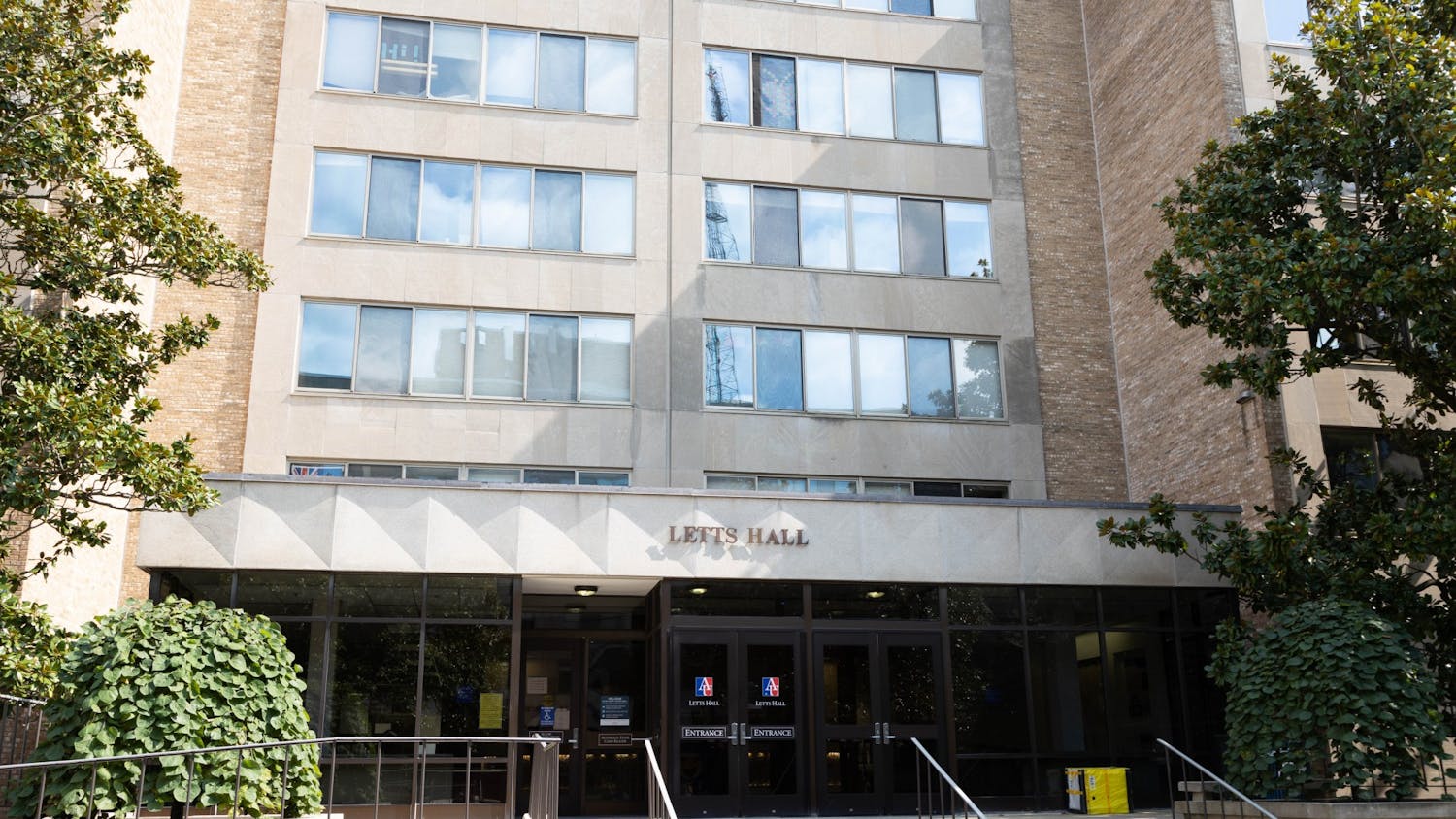Editor’s note: This article originally appeared on theeaglecoronavirusproject.com, a separate website created by Eagle staff at the onset of the coronavirus pandemic in spring 2020. Articles from that website have been migrated to The Eagle’s main site and backdated with the dates they were originally published in order to allow readers to access them more easily.
As doses run low and appointments fill up, many District residents now eligible to receive a coronavirus vaccine wait in long lines to get their shots. High demand for the vaccines has left American University and other D.C. college students wondering when it will be their turn.
Beginning the week of Jan. 11, D.C. residents aged 65 and older became eligible to make appointments to receive a vaccine. Essential workers, including D.C. Public School teachers and support staff, were allowed to make appointments beginning the week of Jan. 25.
According to D.C. Mayor Muriel Bowser, the delay in vaccine distribution is due to a lack of supply rather than an inability to distribute. As of Tuesday, nearly two-thirds of vaccine doses delivered to the district have been used, according to The New York Times.
“I think that Bowser and the District are doing the best given the limited resources to distribute the vaccine in an efficient and equitable way,” said Melissa Hawkins, director of AU’s Public Health Scholars Program. “I think having an online system has definitely made for more efficient scheduling compared to waiting in line or phone calls that we're hearing about in other jurisdictions.”
The D.C. Department of Health dictates the vaccine distribution schedule, and Dr. David Reitman, the medical director at AU’s Student Health Center, said it could be a while before students get their turn.
“They’re still in the very early processes of immunizing healthcare providers, frontline workers [and] people over 65. Having enough vaccines available to distribute widely to younger people is not going to be for at least a few months down the road, and they’re not even close to giving us any plans for that at this time,” Reitman said.
No decisions have been made regarding a vaccine requirement for students returning to campus in the fall. According to Reitman, the University must first consider the efficacy of the vaccines over the next few months, as well as safety profile and vaccine availability.
The D.C. Department of Health announced plans to give vaccine priority to residents with certain preexisting conditions beginning in February. AU’s Student Health Center plans to assist out-of-state students living in the D.C. area with eligible preexisting conditions in receiving a vaccine.
Some students have taken opportunities to skip the line and get a vaccine early.
Senior Rolando Cantú, who took part in a National Institutes of Health vaccine trial, received the first dose of the Moderna vaccine on Feb. 4 after receiving two doses of a placebo in August and September. Cantú said the only side effect he experienced was soreness at the injection site.
“I wanted to highlight my experience because I know there’s a lot of hesitancy with the vaccine, especially with my community - the Latino community - [I want to] make sure that people do get vaccinated because these communities are at risk the most of COVID have the most vaccine hesitancy,” Cantú said. “It’s nothing malicious, these people are 100 percent transparent.”
Reitman believes that once D.C. has enough supply of the COVID-19 vaccines to distribute to all ages, informational campaigns aimed at educating on the safety of the vaccines will likely increase.
Cantú hopes that the University will use the opportunity to properly educate all students on the vaccines.
“Reaching out to student leaders, especially within certain affinity groups, like the Latino community, like the Black community, like the Muslim community, because I think if you have one general statement from one person from one group that really others probably won’t trust the person saying that message,” Cantú said.
Hawkins seconded Cantú’s sentiment that students may be the best source to relay vaccine information.
“It’s about trust, right? There are many different ways that you may be getting information or hearing information,” Hawkins said. “But certainly peer-to-peer information is a great way to be able to empower students and to be able to support students to be able to learn about how to get the vaccine.”
D.C. lawmakers have argued that the city should reserve vaccine appointments for less affluent and majority-Black wards. Residents aged 65 and older in Ward 3, an affluent area where AU is located, made up about one-third of the first round of vaccine appointments offered in the district.
According to the director of the D.C. Department of Health, Dr. LaQuandra Nesbitt, health clinics in Wards 5, 7 and 8, the city’s poorest wards, can administer more doses per day than other wards. However, Nesbitt said the city will not deny a vaccine to any resident at any location based on their address.





